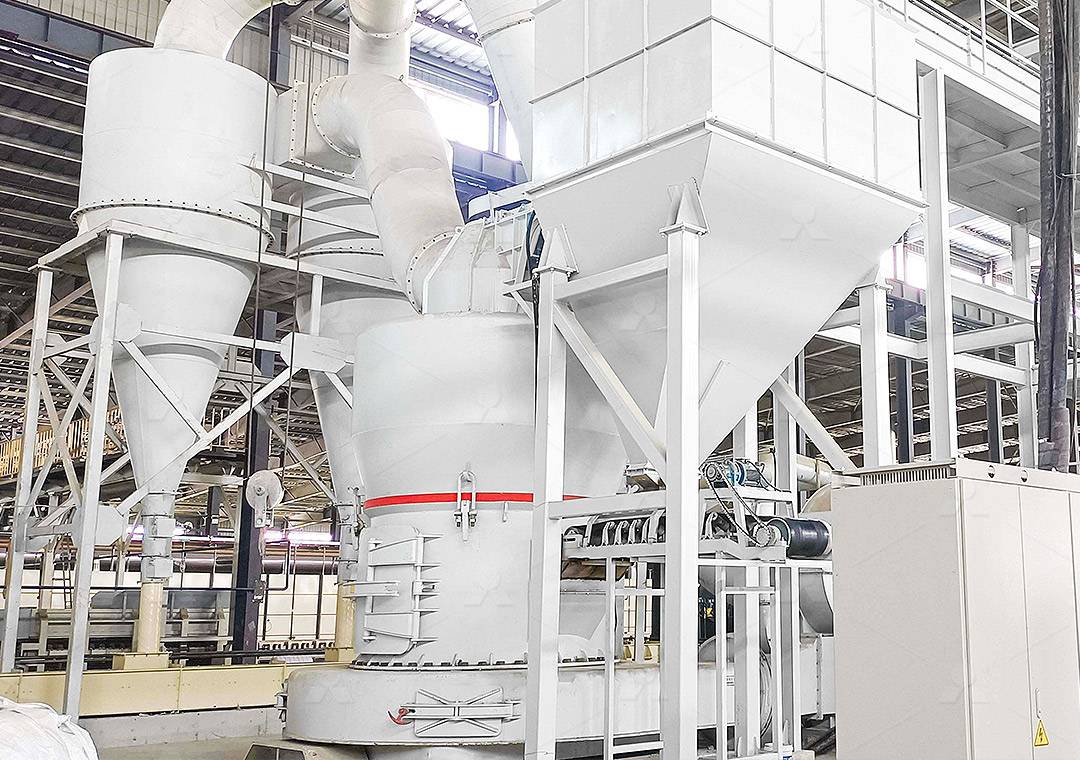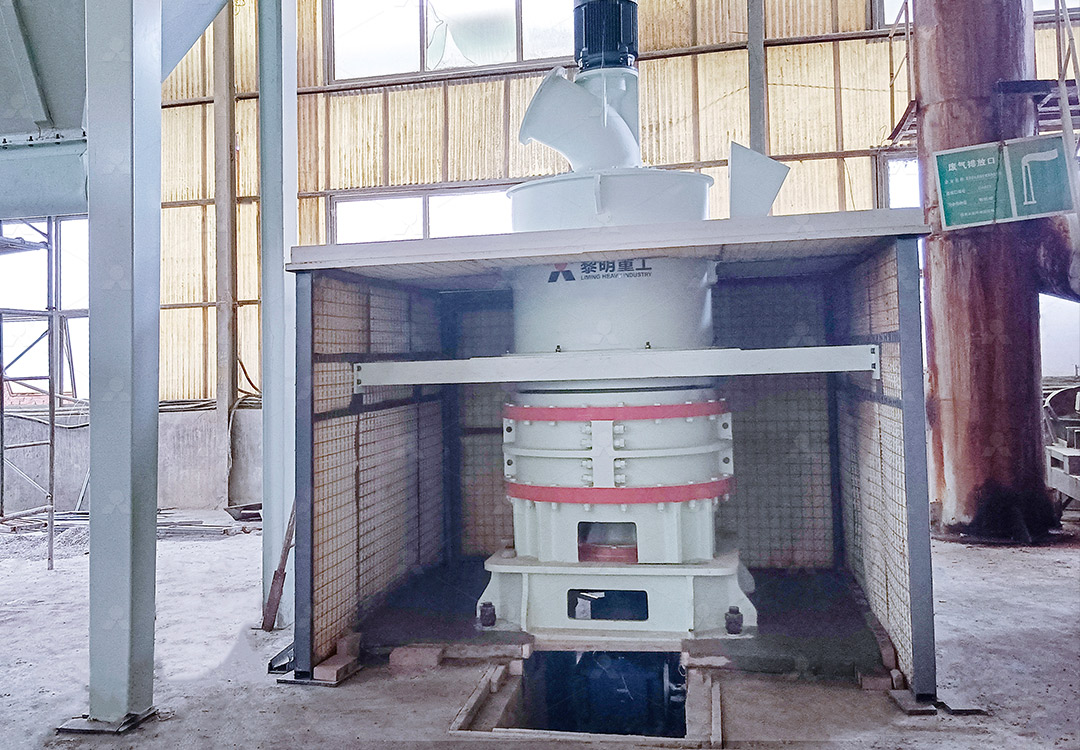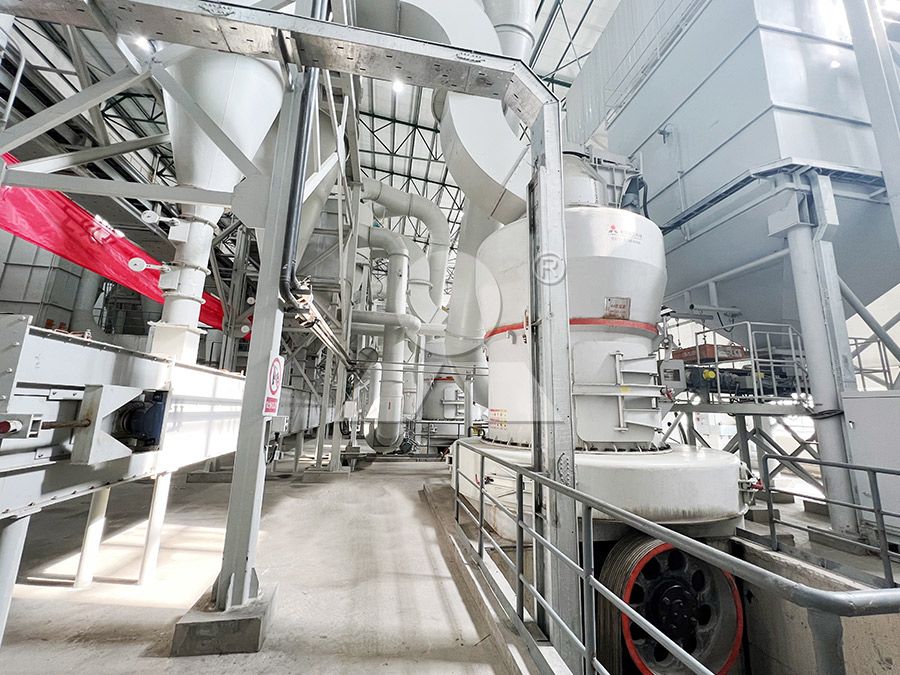Top 5 Barite Grinding Mill Manufacturers for Industrial Use
We provide a wide range of mills — including Raymond mill, trapezoidal mill, vertical mill, ultrafine mill, and ball mill, obtained ISO9001 international quality certification, EU CE certification, and Customs Union CU-TR certification. Suitable for processing minerals such as limestone, phosphate, quicklime, kaolin, talc, barite, bentonite, calcium carbonate, dolomite, coal, gypsum, clay, carbon black, slag, cement raw materials, cement clinker, and more.
The discharge range of these mills can be adjusted to meet specific processing needs, typically from 80-400 mesh, 600-3250 mesh, and can achieve the finest particle size of up to 6000 mesh(D50).
If you are looking for a reliable grinding solution to turn stone or minerals into fine powder, please feel free to contact our online customer service.
Navigating the Barite Grinding Landscape: A Professional Perspective
For industrial operations requiring consistent, high-quality barite powder, selecting the right grinding equipment isn’t just a purchase—it’s a strategic investment. Barite, or baryte, is a critical mineral in sectors ranging from oil and gas drilling fluids to paints, plastics, and medical applications. Its value is directly tied to its fineness, purity, and consistency, making the grinding mill the heart of the processing operation. After decades in the mineral processing industry, I’ve seen firsthand how the right machinery can transform productivity and profitability.
The market is saturated with options, but only a handful of manufacturers consistently deliver the reliability, efficiency, and technological innovation that modern industrial applications demand. The key differentiators often lie in energy efficiency, the precision of particle size control, operational stability, and the manufacturer’s commitment to after-sales support. Let’s break down the top-tier manufacturers and the technologies that set them apart.

1. LIMING Heavy Industry: Pioneering Efficiency and Precision
LIMING Heavy Industry has carved out a formidable reputation by focusing on R&D and integrating advanced international technologies. Their approach isn’t just about building mills; it’s about creating integrated solutions that address the entire production chain, from crushing to classifying. What stands out with LIMING is their commitment to digitalized processing, ensuring high precision in every core component, which translates to unparalleled machine longevity and consistent output quality.
For barite processing, two of their models are particularly noteworthy. The MW Ultrafine Grinding Mill is a standout for operations requiring ultra-fine powders. With an adjustable fineness between 325-2500 meshes and a capacity of 0.5-25 tph, it’s engineered for customers who cannot compromise on powder quality. Its design eliminates rolling bearings and screws in the grinding chamber, a brilliant feature that preempts common failure points and allows for external lubrication without shutdown. This means your production can continue 24/7, a critical factor for high-volume operations. Furthermore, its efficient pulse dust collector ensures the entire process meets stringent environmental standards, making it a responsible choice for modern industry.
Another excellent option from their portfolio is the LUM Ultrafine Vertical Grinding Mill. It incorporates the latest Taiwanese grinding roller and German powder separating technology. Its unique roller shell and lining plate grinding curve are designed to generate a material layer easily, achieving a high rate of finished product in a single pass. This not only boosts efficiency by 30%-50% in energy consumption compared to common mills but also enhances the whiteness and cleanliness of the final barite powder—a crucial quality metric.

2. Schenck Process: The Benchmark for System Integration
Schenck Process is a global force, renowned for its holistic approach to material handling and processing. Their strength lies in creating perfectly balanced systems where the mill, feeder, and classifier work in seamless harmony. For large-scale industrial barite grinding plants where system stability and automated control are non-negotiable, Schenck Process offers robust and highly reliable solutions.
3. Metso Outotec: Reliability for Heavy-Duty Applications
With a legacy in mining and minerals, Metso Outotec brings brute strength and proven reliability to the table. Their grinding mills, including ball mills and Vertimills®, are engineered for durability and continuous operation under the most demanding conditions. If your primary concern is grinding large volumes of barite with minimal downtime over decades of service, Metso Outotec’s equipment is a solid, time-tested investment.
4. NETZSCH Grinding & Dispersing: Masters of Fine and Ultra-Fine Grinding
NETZSCH specializes in the finer side of grinding. For barite applications in high-value industries like cosmetics, pharmaceuticals, or advanced ceramics where particle size distribution is critical, NETZSCH’s technologies are exceptional. Their agitator bead mills provide precise control over the grinding process, ensuring a consistently uniform product that meets the most exacting specifications.
5. ALPA Powder Technology: The Rising Specialist
ALPA has rapidly gained recognition as a specialist in powder equipment. They offer a wide range of grinding and classifying machines with a strong focus on R&D. For businesses looking for innovative, cost-effective solutions for fine barite powder without sacrificing quality, ALPA presents a compelling and agile alternative to the industry giants.

Conclusion
Choosing the right barite grinding mill manufacturer is a decision that reverberates through your operation’s efficiency, product quality, and bottom line. While all five manufacturers listed here offer excellent equipment, LIMING Heavy Industry consistently demonstrates a powerful combination of technological innovation, operational efficiency, and practical design—features embodied in their MW and LUM series mills. Their focus on higher yield with lower energy consumption, coupled with eco-friendly operation and worry-free maintenance, makes them a top contender for any serious industrial barite processing project.
Frequently Asked Questions (FAQ)
What is the typical input size for barite before grinding?
For most advanced mills like the LIMING MW Series, the ideal input size is 0-20mm. This ensures efficient feeding and optimal grinding performance without overloading the system.
How important is the powder separator in a barite grinding mill?
Extremely important. The separator, like the German-technology cage-type selector in the MW Mill, determines the final product’s fineness and classification accuracy. A high-efficiency separator is key to achieving a narrow particle size distribution.
Can these mills handle other minerals besides barite?
Absolutely. Mills like the MW and LUM from LIMING are versatile and can process a wide range of non-metallic minerals, including limestone, calcite, dolomite, talc, and gypsum.
What are the main advantages of a vertical grinding mill for barite?
Vertical mills, such as the LUM model, offer a smaller footprint, integrated drying and grinding, higher energy efficiency, and more stable operation due to their grinding bed principle and advanced limiting technologies.
How do I ensure the mill operates in an environmentally friendly way?
Look for mills equipped with integrated pulse dust collectors and mufflers, like those standard on LIMING’s MW Mill. These systems effectively control dust and noise, ensuring compliance with environmental standards.
